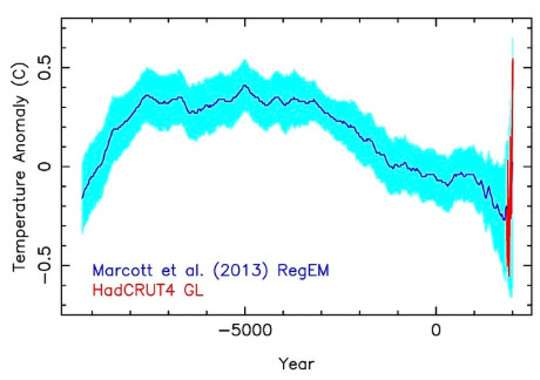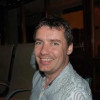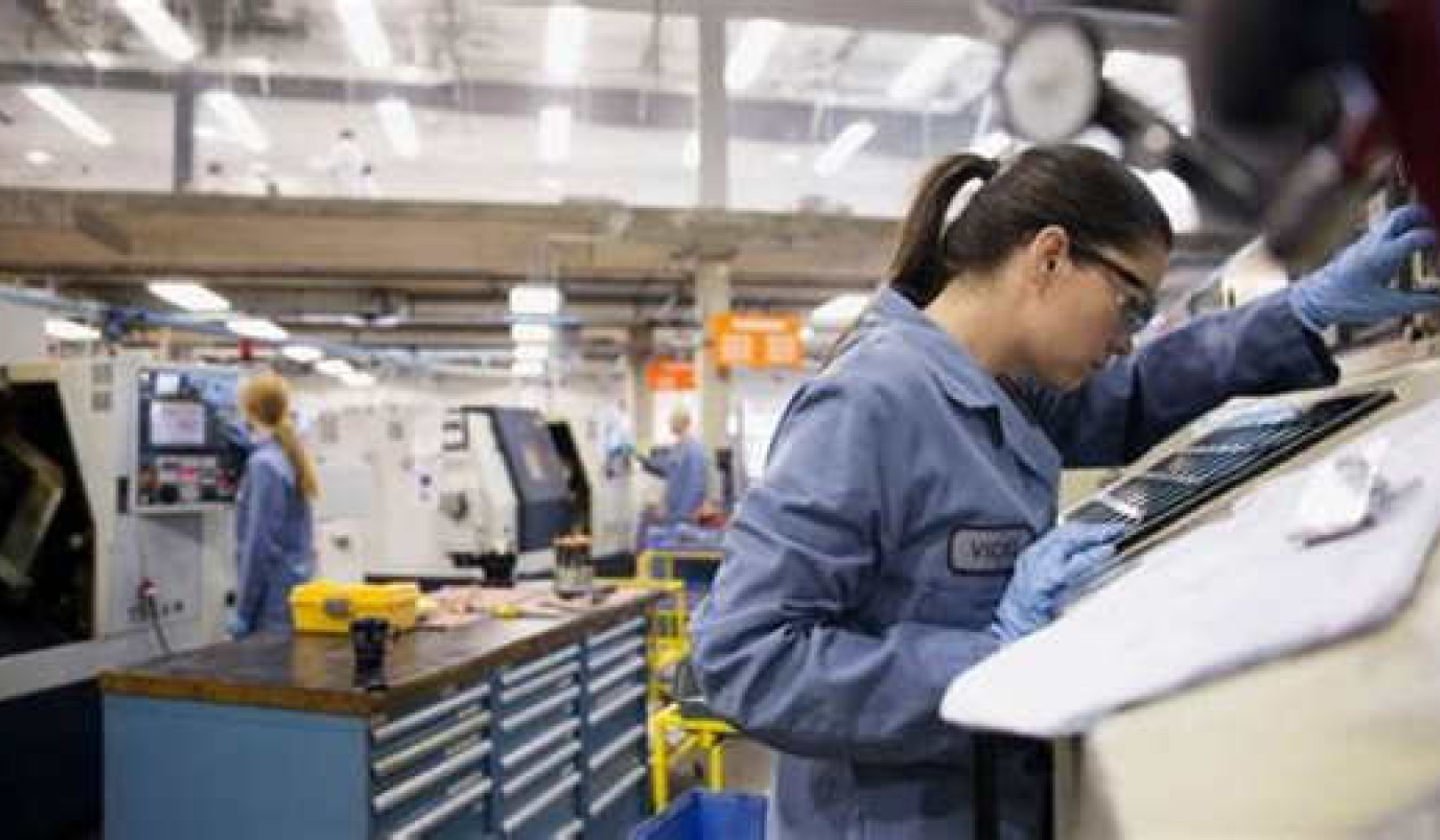
I often like to discuss science online and I’m also rather partial to topics that promote lively discussion, such as climate change, crime statistics and (perhaps surprisingly) the big bang. This inevitably brings out the trolls.
“Don’t feed the trolls” is sound advice, but I’ve ignored it on occasion – including on The Conversation and Twitter – and I’ve been rewarded. Not that I’ve changed the minds of any trolls, nor have I expected to.
But I have received an education in the tactics many trolls use. These tactics are common not just to trolls but to bloggers, journalists and politicians who attack science, from climate to cancer research.
Some techniques are comically simple. Emotionally charged, yet evidence-free, accusations of scams, fraud and cover-ups are common. While they mostly lack credibility, such accusations may be effective at polarising debate and reducing understanding.
And I wish I had a dollar each time a scientifically incompetent ideologue claimed science is a religion. The chairman of the Prime Minister’s Business Advisory Council, Maurice Newman, trotted out that old chestnut in The Australian last week. Australia’s Chief Scientist, Ian Chubb, was less than impressed by Newman’s use of that tactic.
Unfortunately there are too many tactics to discuss in just one article (sorry Gish Gallop and Strawman), so I will focus on just a few that I’ve encountered online and in the media recently.
Internet Trolls Know Who Their Experts Are
There are thousands of professors scattered across academia, so it isn’t surprising that a few contrarians can be found. In online discussions I’ve been told of the contrarian views of “respected” professors from Harvard, MIT and Princeton.
Back in The Conversation’s early days I even copped abuse for not being at Princeton by someone who was clearly unfamiliar with both science and my employment history. It was a useful lesson that vitriol is often disconnected from knowledge and expertise.
At times expert opinion is totally misrepresented, often with remarkable confidence.
Responding to one of my Conversation articles, the Australian Financial Review’s Mark Lawson distorted the findings of CSIRO’s John Church on sea levels.
Even after I confirmed with Church that Lawson had the science wrong, Lawson wouldn’t back down.
Such distortions aren’t limited to online debates. In The Australian, Maurice Newman warned about imminent global cooling and cited Professor Mike Lockwood’s research as evidence.
But Lockwood himself stated last year that solar variability this century may reduce warming by:
between 0.06 and 0.1 degrees Celsius, a very small fraction of the warming we’re due to experience as a result of human activity.
Newman’s claims were debunked, by his expert, before he even wrote his article.
Sometimes experts are quoted correctly, but they happen to disagree with the vast majority of their equally qualified (or more qualified) colleagues. How do the scientifically illiterate select this minority of experts?
I’ve asked trolls this question a few times and, funnily enough, they cannot provide good answers. To be blunt, they are choosing experts based on agreeable conclusions rather than scientific rigour, and this problem extends well beyond online debates.
Earlier this month, Senator Eric Abetz controversially seemed to link abortions with breast cancer on Channel Ten’s The Project.
{youtube}https://www.youtube.com/watch?v=e6MHUGSEQls{/youtube}
While Abetz distanced himself from these claims, his media statement doesn’t dispute them and talks up the expertise of Dr Angela Lanfranchi, who does link abortions with breast cancer.
Abetz does not have expertise in medical research, so why did he give Dr Lanfranchi’s views similar or more weight than those of most doctors, including the Australian Medical Association’s president Brian Owler, who say there is no clear link between abortion and breast cancer?
If Abetz cannot evaluate the medical research data and methods, is his choice largely based on Dr Lanfranchi’s conclusions? Why won’t he accept the views of most medical professionals, who can evaluate the relevant evidence?
Abetz may be doctor shopping, not for a desired diagnosis or drug, but for an desired expert opinion. And just as doctor shopping can result in the wrong diagnosis, doctor shopping for opinions gives you misleading conclusions.
Often Attacks On Science Employ Flawed Logic
Often attacks on science employ logic so flawed that it would be laughable in everyday life. If I said my car was blue, and thus no cars are red, you would be unimpressed. And yet when non-experts discuss science, such flawed logic is often employed.
Carbon dioxide emissions are leading to rapid climate change now, and gradual natural climate change has also taken place over aeons. There’s no reason for natural and anthropogenic climate change to be mutually exclusive, and yet climate change deniers frequently use natural climate change in an attempt to disprove anthropogenic global warming.

Global temperatures (measured by Marcott et al. in dark blue, and HadCRUT4 in red) have changed as a result of both natural and anthropogenic climate change. There has been a dramatic rise in global temperatures over the past century. Michael Brown
Unfortunately our Prime Minister, Tony Abbott, employed similar broken logic after the 2013 bushfires:
Australia has had fires and floods since the beginning of time. We’ve had much bigger floods and fires than the ones we’ve recently experienced. You can hardly say they were the result of anthropic [sic] global warming.
Bushfires are a natural part of the Australian environment but that does not exclude climate change altering the frequency and intensity of those fires. Indeed, the Forest Fire Danger Index has been increasing across Australia since the 1970s.
Why the Prime Minister would employ such flawed logic, and contradict scientific research, is puzzling.
Galileo Persecuted By The Politically Powerful Catholic Church
The Italian scientist and astronomer Galileo Galilei was infamously persecuted by the politically powerful Catholic Church because of his promotion of the sun-centred solar system.
While Galileo suffered house arrest, his views ultimately triumphed because they were supported by observation, while the Church’s stance relied on theology.
The Galileo Gambit is a debating technique that perverts this history to defend nonsense. Criticisms by the vast majority of scientists are equated with the opinions of 17th century clergy, while a minority promoting pseudoscience are equated with Galileo.
Ironically, the Galileo Gambit is often employed by those who have no scientific expertise and strong ideological reasons for attacking science. And its use isn’t restricted to online debates.
Bizarrely, even the politically powerful and well connected are partial to the Galileo Gambit. Maurice Newman (once again) rejects the consensus view of climate scientists and, when questioned on his rejection of the science, his (perhaps predictable) response was:
Well, Galileo was virtually on his own.
Newman’s use of a tactic of trolls and cranks is worthy of criticism. The triumph of Galileo’s views were a result of his capacity to develop scientific ideas and test them via observation. Newman, and many of those who attack science, notably lack this ability.
![]() Michael J. I. Brown receives research funding from the Australian Research Council and Monash University.
Michael J. I. Brown receives research funding from the Australian Research Council and Monash University.
This article was originally published on The Conversation.
Read the original article.
 About The Author
About The Author
Michael J. I. Brown is ARC Future Fellow and Senior Lecturer at Monash University. He is an observational astronomer, studying how galaxies evolve over billions of years.
Recommended Book:
A Climate for Change: Global Warming Facts for Faith-Based Decisions
by Katharine Hayhoe and Andrew Farley.
 For all the talk about climate change, there's still a great deal of debate about what it all means, especially among Christians. A CLIMATE FOR CHANGE offers straightforward answers to these questions, without the spin. This book untangles the complex science and tackles many long-held misconceptions about global warming. Authored by a climate scientist and a pastor, A CLIMATE FOR CHANGE boldly explores the role our Christian faith can play in guiding our opinions on this important global issue.
For all the talk about climate change, there's still a great deal of debate about what it all means, especially among Christians. A CLIMATE FOR CHANGE offers straightforward answers to these questions, without the spin. This book untangles the complex science and tackles many long-held misconceptions about global warming. Authored by a climate scientist and a pastor, A CLIMATE FOR CHANGE boldly explores the role our Christian faith can play in guiding our opinions on this important global issue.
Click here for more info and/or to order this book on Amazon.
























